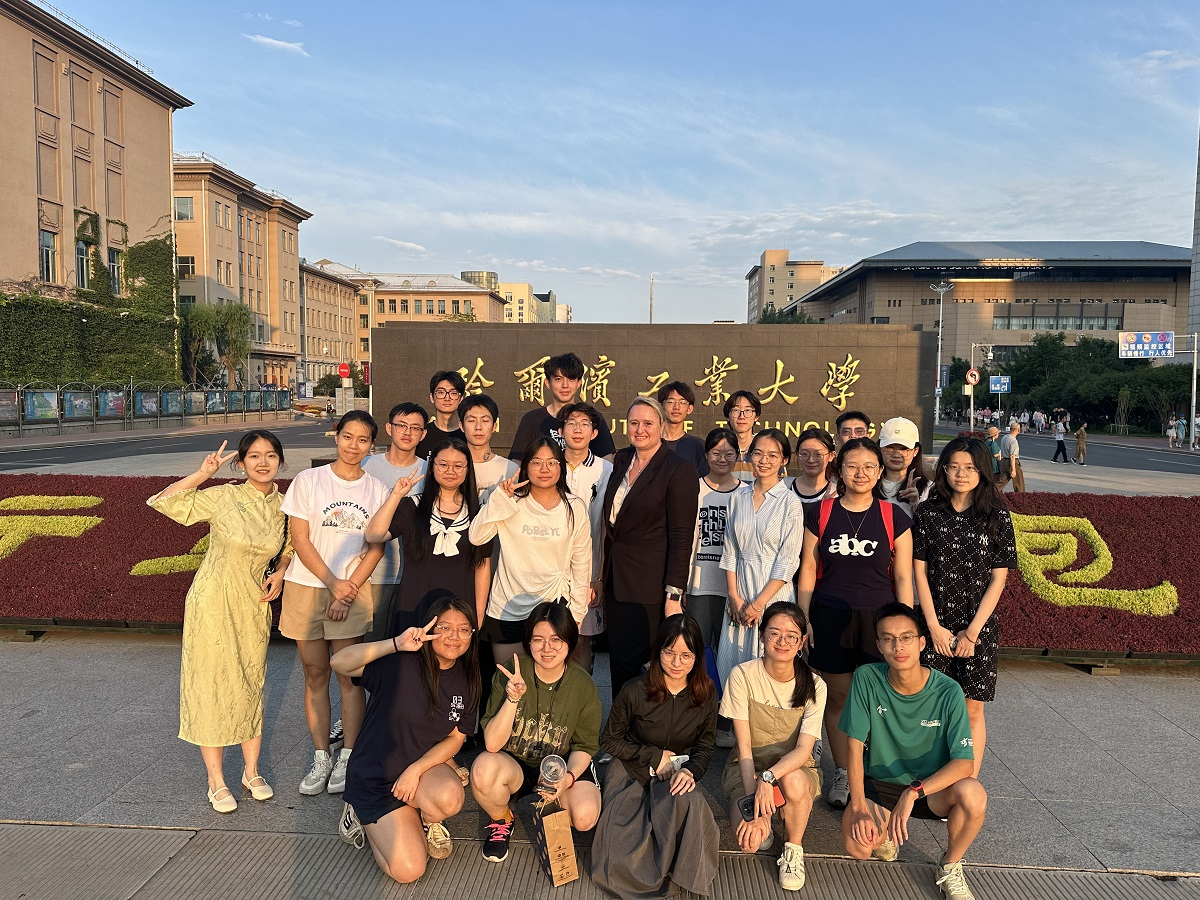Elena Beier, Assistant Professor at St Petersburg University: "The People’s Republic of China is very interested in sharing best practices in legal education"
Elena Beier, Assistant Professor in the Department of International Law at St Petersburg University, has won a fellowship to attend the Harbin Institute of Technology Summer School as a visiting professor.

As part of the fellowship, Elena Beier delivered a series of lectures on international law to students of International Relations and Global Governance. During the lectures, the students learned the fundamentals of private international law, international trade law and intellectual property law. They also participated in a workshop on how to handle international contracts.
Harbin Institute of Technology is one of the most important universities in China, and in some areas of study is the leading one. It is a very prestigious educational institution and one of the sights of Harbin. It was founded in 1920 by Russians as a Russian-Chinese school to train specialists in railway transport and worked on the basis of Russian educational standards.
Elena Beier, Assistant Professor in the Department of International Law at St Petersburg University
Elena Beier emphasised that there is interest in Russian law in the People’s Republic of China, especially in Harbin. Chinese colleagues are interested in using Russian best practices in the training of legal personnel. "However, the people of Harbin are also interested in Russian culture in general," Elena Beier noted. 'For example, they study Russian literature at school. The main Russian work in the school programme is Nikolai Ostrovsky’s How the Steel Was Tempered. A lot of people in Harbin speak Russian. It is a very "Russian city" with many historical sights associated with Russia.' In order to receive a fellowship to attend the Summer School of Law, the lecturer had to provide evidence of her professional activities, including teaching experience, achievements in the profession, and membership of international scientific organisations. "It is very difficult to get a fellowship at this university, so I was pleasantly surprised when I received a positive decision and an invitation to be a visiting professor," Elena Beier said.

